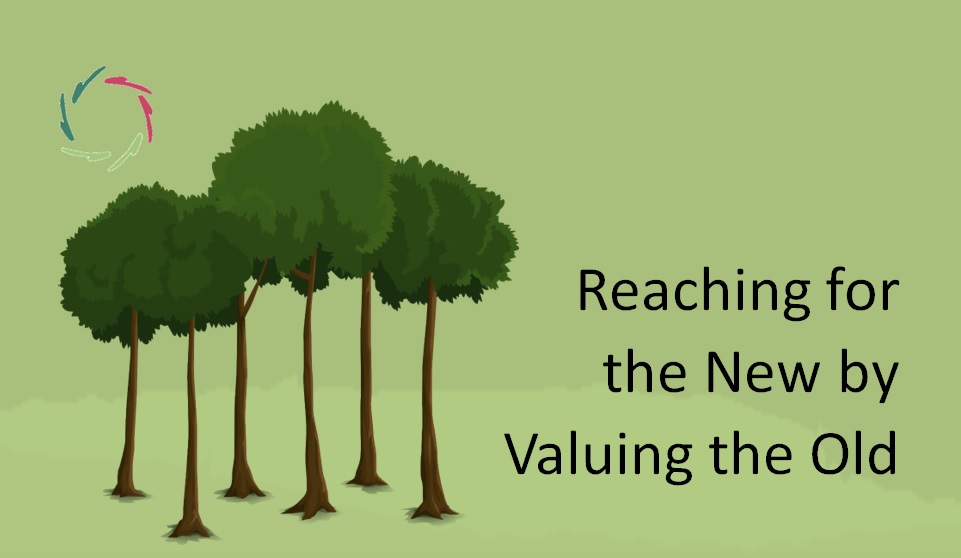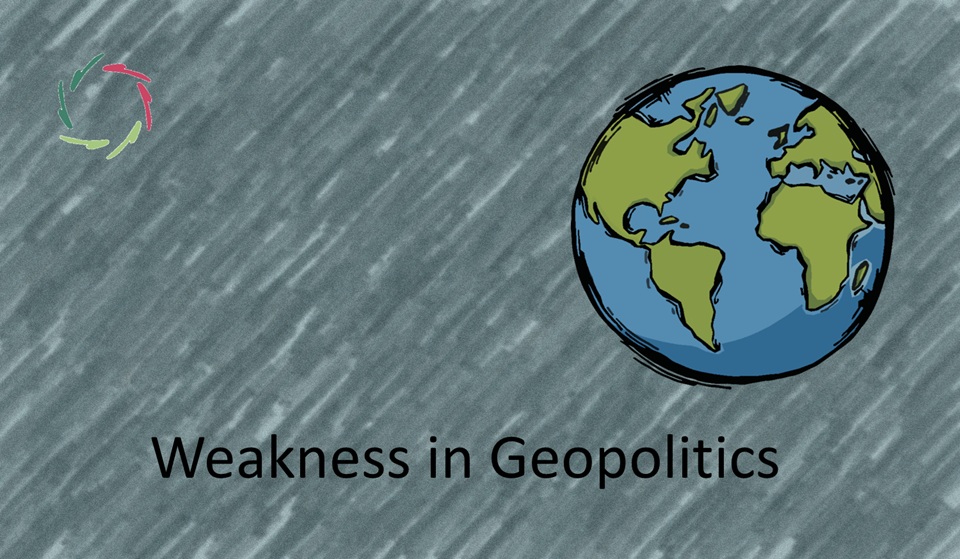Reaching for the New by Valuing the Old

In rapidly evolving times such as we see across the globe, people are divided into those wanting to move quickly forward and those reluctant to leave the past.
On the move or not?
Say, progressives vs. conservatives, two sides of the aisle.
It doesn’t matter in this what is politically left or right. According to the direction of the times, each can be progressive or conservative. In principle, it may be about anything that is – or is at risk to be – culturally on the move. This is even more the case if it is also symbolically relevant, for instance, race or conception. Then, it is not only about the symbolism of what tends to get changed but also about the change itself.
The general principle of change
People – like all living organisms – do not want to be changed from the outside in. There is resistance to change if this doesn’t come from the inside out, which is called growth.
So, people want to change (from the inside) but not be changed (from the outside). One can recognize and should reckon with this principle in any organizational change. It equally applies to the political game. Progressives feel a sociopolitical change is needed for growth. Conservatives feel the same as being changed, unneeded, and in danger of losing what is valuable.
There is always this dichotomy in life. It isn’t modern. It’s life itself. Therefore, one shouldn’t fight against it.
Reaching for the new by valuing the old
Without fighting, one can search for ways to reconcile both directions, even to synthesize them, through which yet another path can be found or created.
I see a search for human depth in the what-to-do related to this. In-depth, people find each other. Almost certainly, if you see people not finding each other, there is a lack of depth.
So, valuing the old is best done by valuing depth in the old. Reaching for the new is best done by starting from possible depth in something new.
Difficult yet always feasible
This is my conviction. I repeatedly see that people put little effort into it ― lest they even try. That’s a serious matter since many huge problems are the result, even on the global level.
Generally seen, populism –touching the masses at the superficial level – may complicate the effort. Thus, one should be weary of this kind of populism. It drives people apart in an us-versus-them setting. You may think of some examples. In a divided world, populists may quickly gain success by creating even more division. That is not what we want now. The deeper way may be more difficult, but it is morally the best.
To-do
Any progressive should continually – relentlessly – ask himself what the deepest values are in what is already there and how can any new direction be constructed without diminishing those values.
Any conservative should do the same but in the direction of how these deepest values can be preserved in an always-changing environment ― physically and mentally. There is no sustainable choice between change and no change in any living setting. The choice is between superficial and unjustified deep change. Sticking to shallow conservatism is, in fact, the choice for mounting tensions that will eventually blast the dear values at a deeper level. It is utterly counter-productive.
Let the choice, therefore, be for depth. It is a choice for the original, lying at the ‘origo,’ the ancient source of things. This is the font of what is always new and always the same. Progressives and conservatives want what is original.
It is a choice for wisdom.


